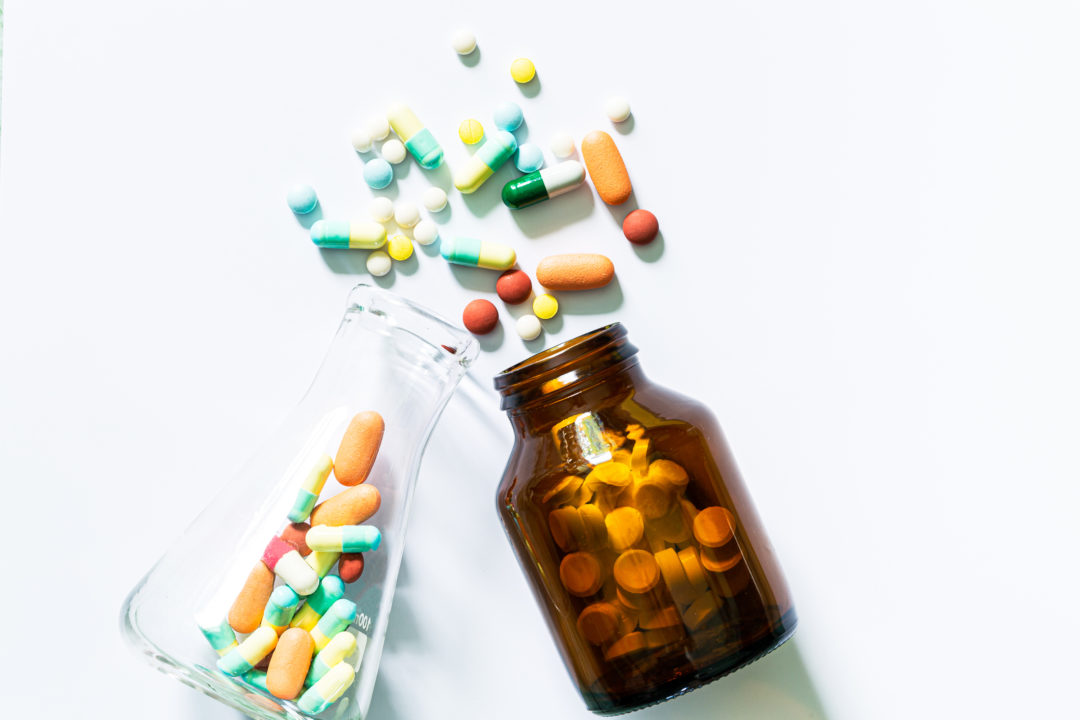Bloomingdale, IL—NOW announced the latest efforts in its award-winning industry self-policing program of testing unfamiliar brands found on Amazon. NOW has conducted testing on brands that sell:
The goal has always been to address bad quality products in the marketplace. As Dan Richard, VP of Global Sales & Marketing, NOW, explained to WholeFoods Magazine: “Lack of quality control and dishonest labeling are two related, very significant problems that exist especially on Amazon. It is too easy for new vitamin brands to—knowingly or unknowingly—find low-quality supplies and start selling on Amazon. They can and do make wildly misleading label claims that fool consumers, with no repercussions. This has been going on for years and is so widespread, especially among unknown brands that pay ‘sponsored’ advertising fees. Consumers are getting ripped off and quality brands have lost market share to cheaters over and over and over again.” And unfortunately, NOW said this latest round of testing shows the problem is getting worse.
Under the microscope in NOW's latest round of testing: bromelain
The findings, NOW reported, "revealed some of the most abysmal results" since the beginning of program. “We chose bromelain because raw material costs increased in recent years and we guessed that some suppliers or brands may knowingly, or unknowingly, be selling low potency products,” said Dan Richard, NOW’s Vice President of Global Sales and Marketing, who has been spearheading NOW's Amazon testing program since its beginning in 2017. “Bromelain is a fairly expensive enzyme and testing is more difficult than other basic vitamins and minerals. We assumed that most lower-priced, lesser-known brands do not test for bromelain potency at all, and the results below seem to confirm this educated guess.”
Bromelain, a proteolytic enzyme found in pineapples, is known to support healthy digestion and joint comfort. NOW explained that the activity of bromelain is commonly measured in Gelatin Digesting Units (GDU), which measures the ability of the enzyme to break down a gelatin solution. NOW added that while the company is capable of testing bromelain for GDU potency in-house, the company decided to use an independent laboratory that specializes in enzyme testing. Venture Labs performed all tests. To determine the GDU activity in the samples purchased on Amazon, the United States Pharmacopeia (USP) method for bromelain was used.
Results of the testing of bromelain brands found on Amazon
NOW purchased 19 samples of bromelain supplements on Amazon, plus NOW’s own capsule product. The goal was to verify label claims and potencies. What the testing revealed, as outlined in a press release from NOW:
- 15 out of 20 samples tested (75%) failed to meet label claims for potency.
- Only six out of 20 samples contained over 50% of labeled potency.
- 12 out of 20 brands contained less than even 10% of label claim (a finding NOW called "shocking"). As NOW explained, this means more than half of all tested bromelain supplement samples contained less than one-tenth of label claims. This, the company reported, is "the most egregious testing results NOW has seen."
- Three samples had ambiguous labeling that only claimed weight and no activity. "Generally, bromelain powder has an activity of 2,400 GDU per gram, but these brands made no potency claims," NOW explained in the release. "Two of these product’s potencies were below the detection limit and were reported as < 10 GDU/g. The third brand, Cadane, only contained 34 GDU of Bromelain per capsule, which is extremely low potency."
- Three brands were labeled as products made in India; according to the testing these brands only contain 10, 34, and 78 GDU potencies, respectively. Two were under 10% of label claim; the third made no potency claim.
- Two of the top four “sponsored” or paid advertised brands from a search on Amazon in March 2023 included the violating brands in this round of testing.
- Only four brands exceeded 100% potency with NOW as one at 121%.
NOW noted that it intentionally did not test known “natural” or practitioner brands. The reason: These brands typically abide by Good Manufacturing Practices (GMPs) and full potencies are expected.
“NOW has been testing products sold by lesser-known brands for six years and consistently finds most suspect products failing potency testing,” Richard explained. “We have been testing products exclusively found on Amazon, but will begin adding unknown brands found on Walmart.com in the future. We are finding that low potency products often spend the most dollars marketing on both Amazon and Walmart.com.”










